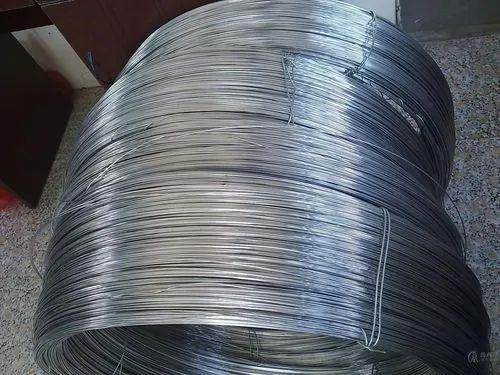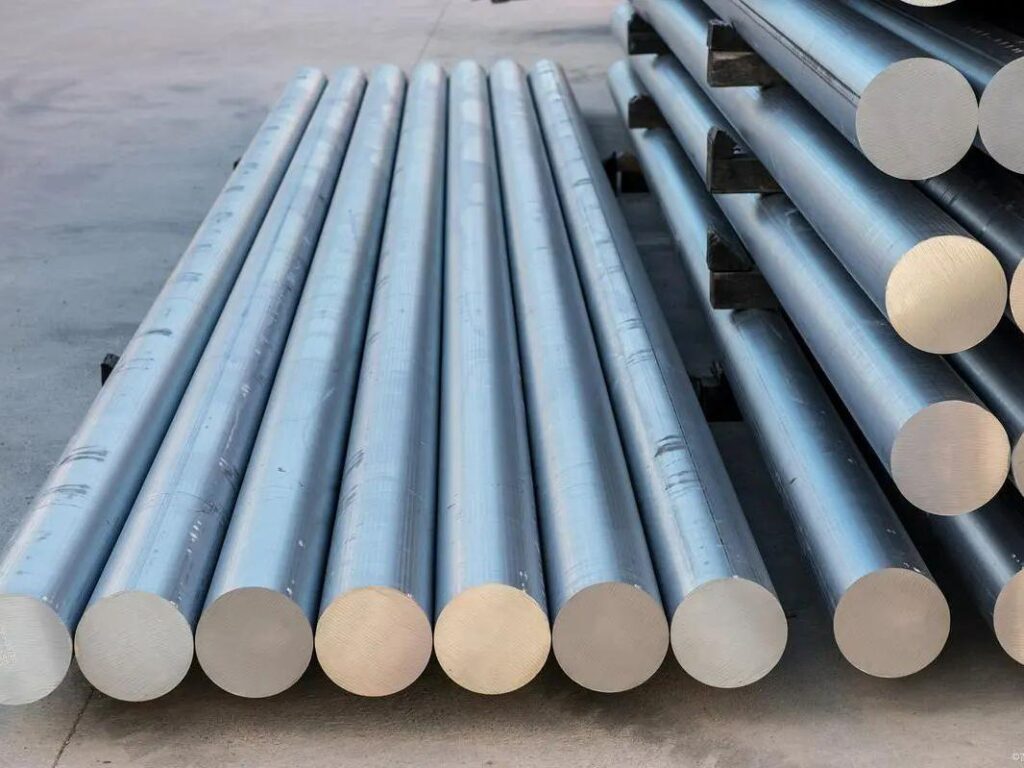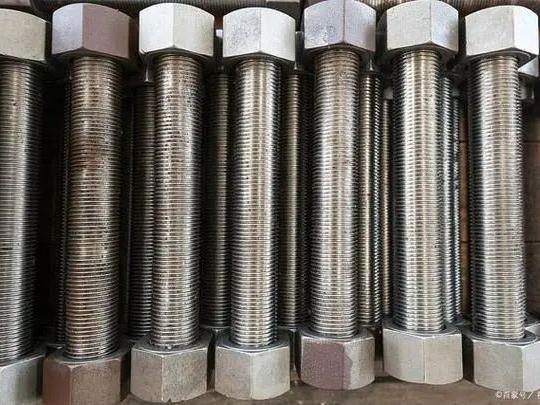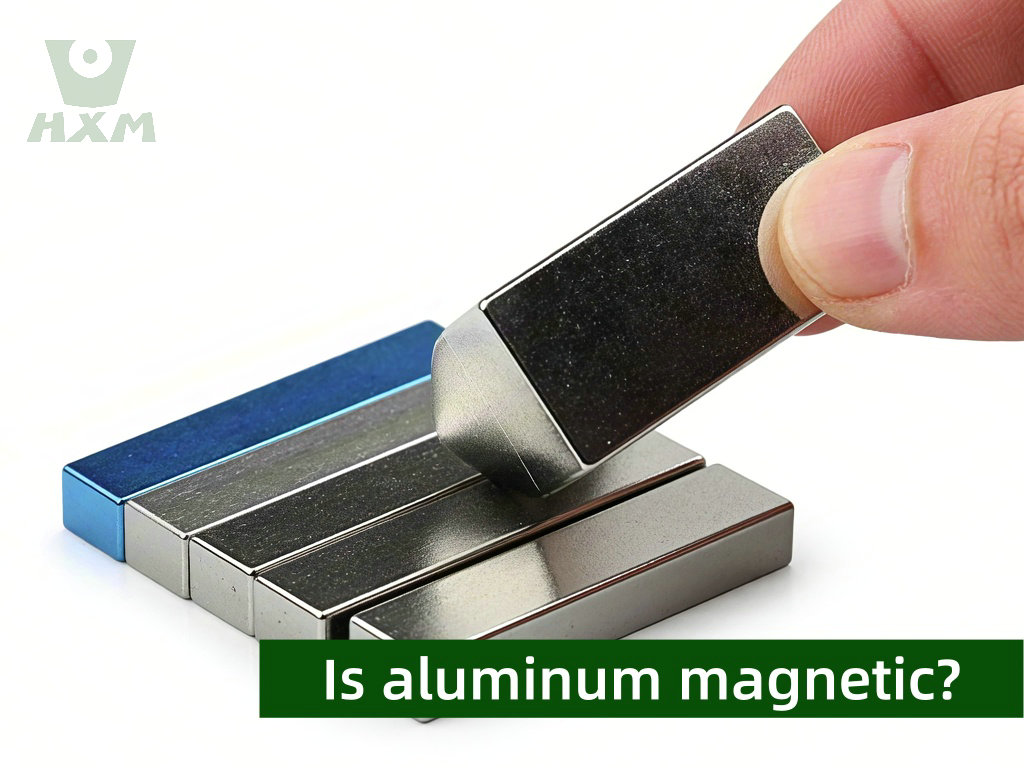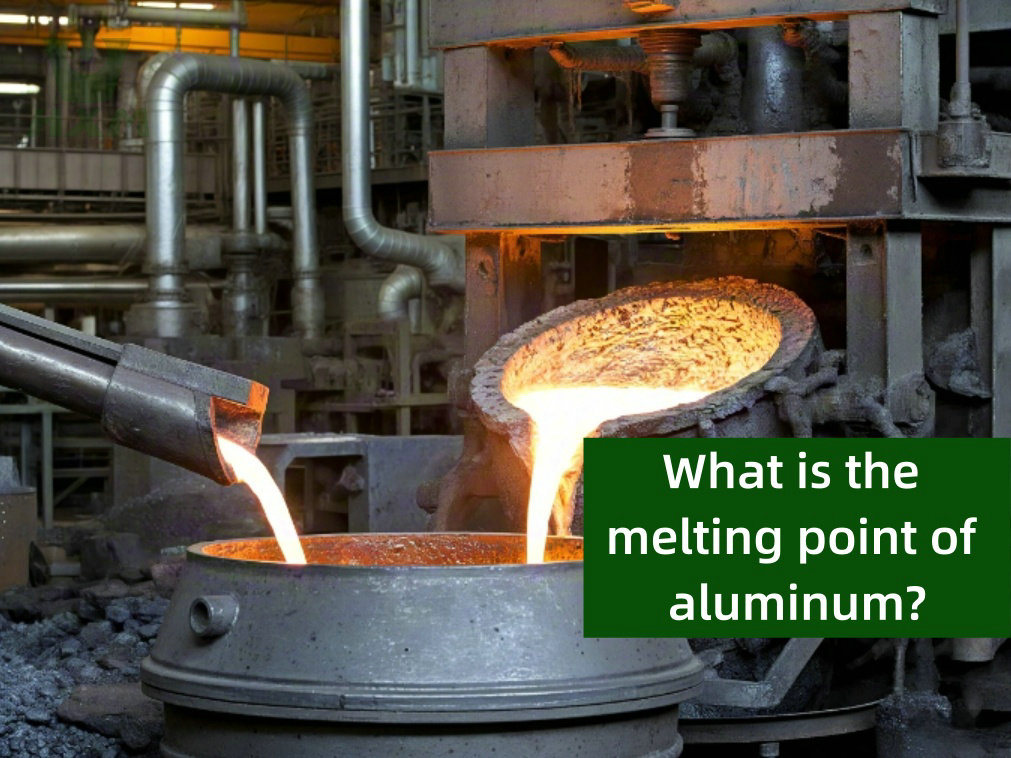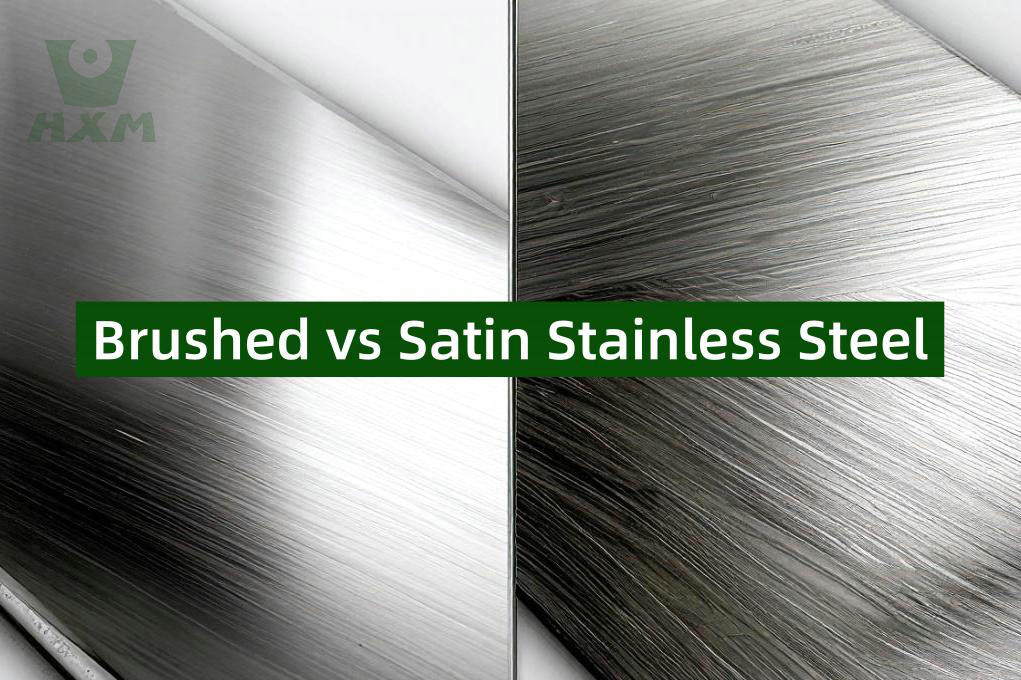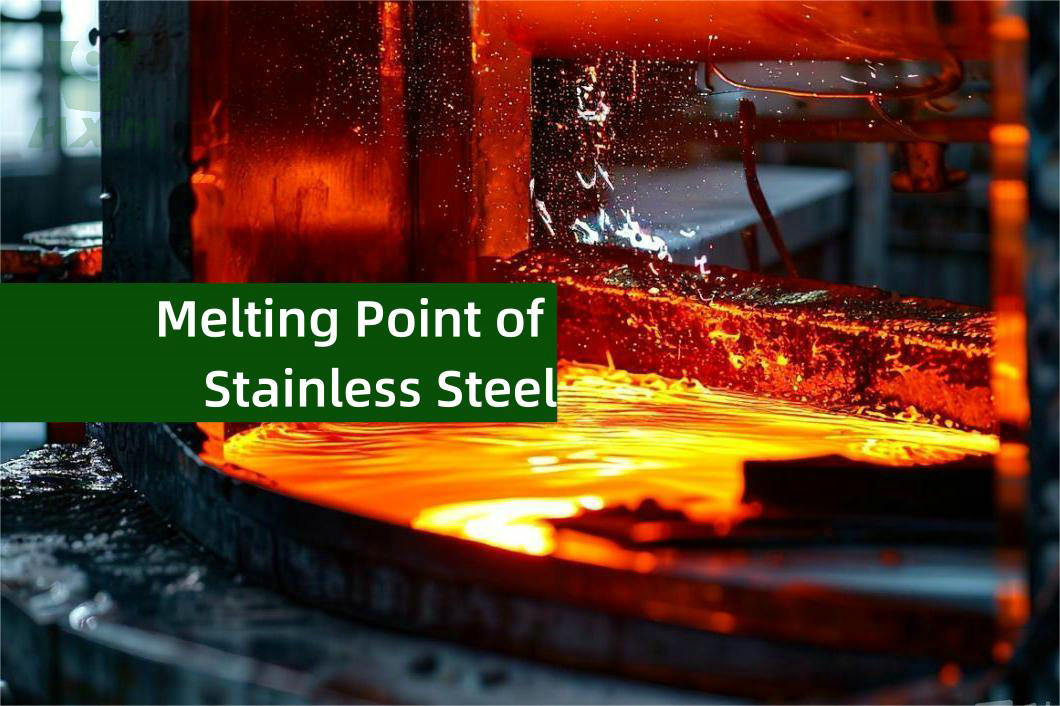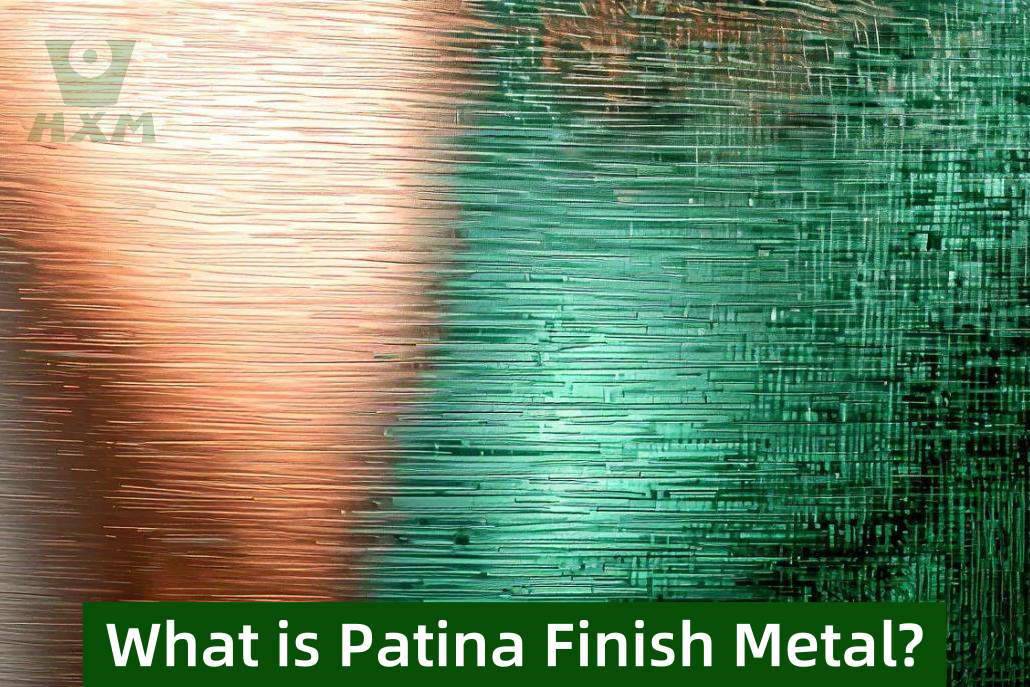Precision Alloy
Precision alloys are specialized materials that offer high performance in specific applications, including electromagnetic, elastic, and thermal expansion properties. They are essential in industries like electronics, aerospace, telecommunications, and precision instruments. This page provides an overview of three major categories: Soft Magnetic Alloys, Elastic Alloys, and Expansion Alloys.
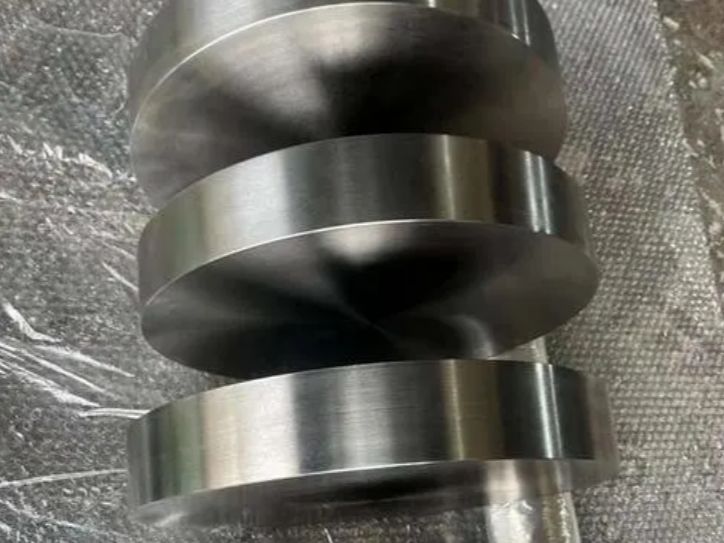
Types of Precision Alloy
| Category | Properties | Applications |
|---|---|---|
| Soft Magnetic Alloys | High magnetic permeability, low coercivity | Transformers, relays, inductors, magnetic shielding |
| Elastic Alloys | High elasticity, stable mechanical properties | Precision springs, watches, temperature compensation devices |
| Expansion Alloys | Controlled thermal expansion, excellent thermal stability | Hermetic seals, aerospace components, electronic devices |
Grades of Soft Magnetic Alloy
| Alloy Grade | Composition | Key Features | Applications |
|---|---|---|---|
| 1J85 | Fe-Ni (Nickel-Iron Alloy, ~85% Ni) | High permeability, low coercivity | Transformers, magnetic shielding, precision instruments |
| 1J79 | Fe-Ni (Nickel-Iron Alloy, ~79% Ni) | Excellent magnetic properties, high permeability | Magnetic cores, relays, inductors, sensors |
| 1J50 | Fe-Ni (Nickel-Iron Alloy, ~50% Ni) | High saturation magnetization, moderate permeability | Electromagnetic relays, transformers, motors |
| 3J21 | Fe-Cr-Co (Iron-Chromium-Cobalt Alloy) | High magnetic anisotropy, high coercivity | Permanent magnets, magnetic sensors |
| 1J30 | Fe-Si (Silicon-Iron Alloy, ~3% Si) | Low core loss, high saturation magnetization | Electrical transformers, motors, inductors |
| 1J22 | Fe-Al (Iron-Aluminum Alloy) | High resistivity, moderate permeability | AC magnetic cores, magnetic shielding |
| 1J27 | Fe-Co (Cobalt-Iron Alloy) | Very high saturation flux density, high permeability | Magnetic cores, electrical motors, aerospace applications |
Grades of Elastic Alloy
| Alloy Grade | Composition | Key Features | Applications |
|---|---|---|---|
| 3J21 (Elinvar) | Fe-Ni-Cr (Nickel-Iron-Chromium Alloy) | Low thermal expansion, stable elastic modulus | Precision springs, temperature compensation devices |
| 3J53 | Fe-Ni-Cr (Nickel-Iron-Chromium Alloy) | High elasticity, good corrosion resistance | Watches, precision instruments, and control mechanisms |
| 3J1 | Fe-Ni (Nickel-Iron Alloy) | Stable elastic properties over a wide temperature range | Sensitive mechanical instruments, vibration absorbers |
| 3J2 | Fe-Ni-Cr (Nickel-Iron-Chromium Alloy) | High elastic modulus, excellent fatigue resistance | High-precision control devices, instrument components |
| 3J58 | Fe-Ni-Cr-Mo (Nickel-Iron-Chromium-Molybdenum Alloy) | Superior elasticity, good long-term stability | Aircraft control systems, sensitive precision components |
| 3J40 | Fe-Ni (Nickel-Iron Alloy) | High elasticity, corrosion resistance in certain environments | Control springs, precision measurement instruments |
Grades of Expansion Alloy
| Alloy Grade | Composition | Key Features | Applications |
|---|---|---|---|
| 4J36 (Invar) | Fe-Ni (Nickel-Iron Alloy, ~36% Ni) | Extremely low thermal expansion near room temperature | Precision instruments, bimetallic strips, laser components |
| 4J42 | Fe-Ni (Nickel-Iron Alloy, ~42% Ni) | Controlled thermal expansion, matches glass | Hermetic seals, electronic packaging, telecommunications |
| 4J50 | Fe-Ni (Nickel-Iron Alloy, ~50% Ni) | High dimensional stability, controlled expansion | Glass-to-metal seals, electronic vacuum tubes |
| 4J29 (Kovar) | Fe-Ni-Co (Nickel-Iron-Cobalt Alloy) | Low and controlled thermal expansion | Semiconductor packaging, aerospace components, electronics |
| 4J32 | Fe-Ni-Co (Nickel-Iron-Cobalt Alloy) | Very low thermal expansion, good stability | Precision optical systems, electronic components |
| 4J34 | Fe-Ni (Nickel-Iron Alloy, ~34% Ni) | Good dimensional stability, low thermal expansion | Thermostats, bimetallic strips, precision devices |
Advantages of Precision Alloy
Precision alloys are highly specialized materials engineered for specific, high-performance applications, offering unique advantages in various industries. Here are the key benefits of precision alloys:
1. Controlled Thermal Expansion
Precision alloys, particularly expansion alloys like Invar (4J36) and Kovar (4J29), offer highly controlled thermal expansion properties. This ensures dimensional stability across a wide temperature range, making them ideal for applications that require components to maintain precise measurements despite temperature fluctuations.
- Advantage: Ensures the integrity and functionality of components in precision instruments, optical systems, and hermetic seals.
2. High Magnetic Permeability
Soft magnetic alloys, such as 1J85 and 1J79, have high magnetic permeability and low coercivity. These properties allow them to easily magnetize and demagnetize, which is critical in electromagnetic applications like transformers, inductors, and magnetic shielding.
- Advantage: Improves efficiency in magnetic circuits, reducing energy losses in transformers and inductive components.
3. Excellent Elastic Properties
Elastic alloys, such as 3J21 and 3J53, exhibit excellent elasticity and mechanical stability over a wide temperature range. This makes them suitable for applications requiring precise and consistent performance under stress, such as precision springs, control devices, and temperature-compensating components.
- Advantage: Provides high resistance to deformation and fatigue, ensuring long-term performance in mechanical and aerospace systems.
4. High Corrosion Resistance
Many precision alloys, particularly those containing nickel and chromium, offer excellent corrosion resistance. This ensures that they maintain their properties even in harsh environments, such as those involving chemicals, saltwater, or high humidity.
- Advantage: Extends the lifespan of components in chemical processing, marine, and outdoor applications by preventing degradation from environmental factors.
5. Excellent Mechanical Strength
Precision alloys are designed to offer both high strength and durability. Elastic alloys and certain soft magnetic alloys are capable of maintaining their mechanical properties under high stress, ensuring long-term reliability in demanding environments.
- Advantage: Ensures components can withstand mechanical stress without permanent deformation, making them ideal for aerospace, automotive, and industrial applications.
6. Stable Performance Across Temperatures
Precision alloys are known for maintaining consistent physical properties across a wide range of temperatures. This is critical in high-temperature environments, such as gas turbines or spacecraft, where materials must perform reliably under thermal stress.
- Advantage: Ensures reliable performance in both low and high-temperature applications, minimizing the risk of failure in sensitive systems.
7. Customizable Properties
Precision alloys can be tailored to meet specific requirements through the adjustment of their chemical composition. This flexibility allows engineers to choose the exact alloy that best meets their performance needs, whether it’s for electromagnetic, elastic, or thermal applications.
- Advantage: Provides versatility for various industries, enabling the use of precision alloys in highly specialized and diverse applications.
Conclusion
Precision alloys offer a combination of controlled thermal expansion, excellent magnetic properties, high strength, and corrosion resistance. Their ability to maintain performance across a wide range of temperatures and stresses makes them invaluable in industries like aerospace, electronics, telecommunications, and precision engineering. These alloys ensure reliable and long-lasting performance, even in the most demanding environments.

